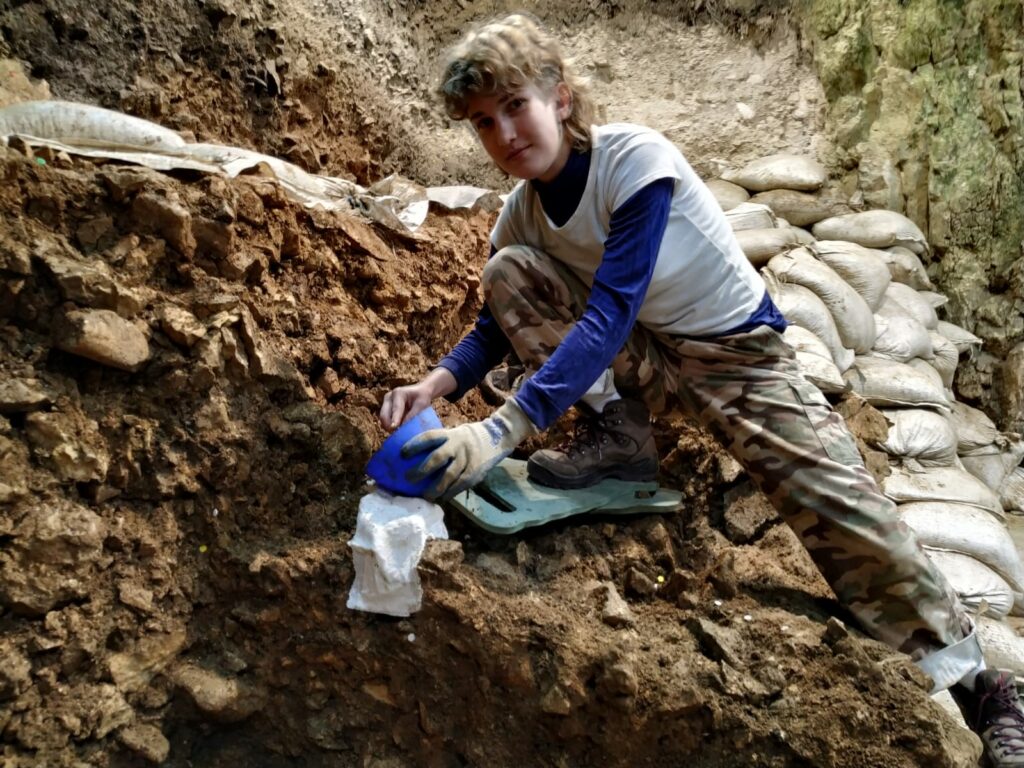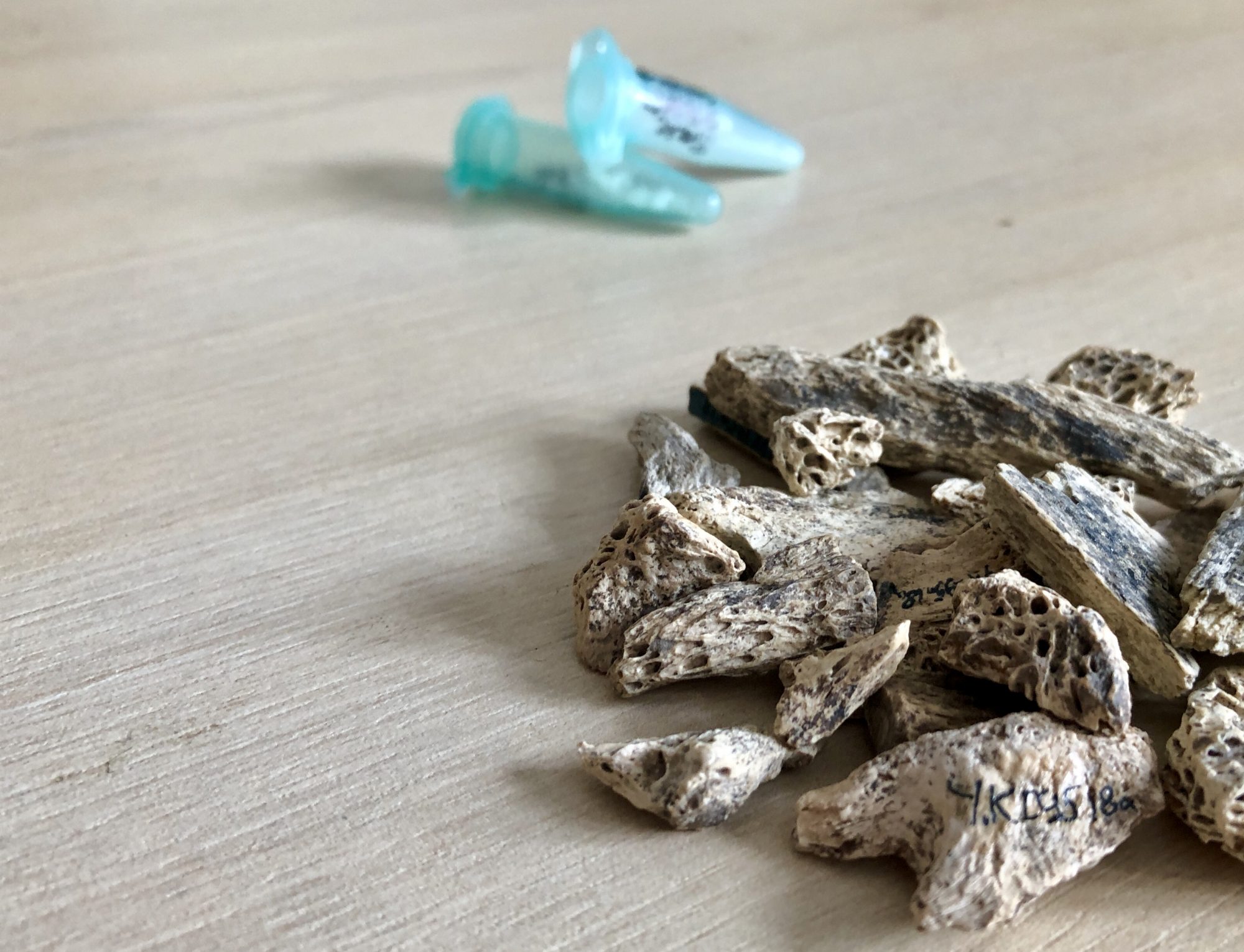We are happy to work together with Master students who are interested in FINDER and want to analyse small Palaeolithic assemblages as part of their research project/ dissertation. In 2020-2021, four students studying at the School of Archaeology, University of Oxford, are working closely with our team.
Rebecca Scott is an Archaeological Science MSc student at the University of Oxford and a member of Keble College, having previously graduated from the University of York, UK. Her research interests lie at the nexus of multidisciplinary approaches which integrate a range of biomolecular proxies, including proteomics, ancient genomics, and radiocarbon dating. Her project, using ZooMS, aims to identify new hominin remains in the South Chamber of Denisova Cave, a part of the cave that is currently being excavated, in order to provide further context in the Middle and Upper Palaeolithic of the Siberian Altai.
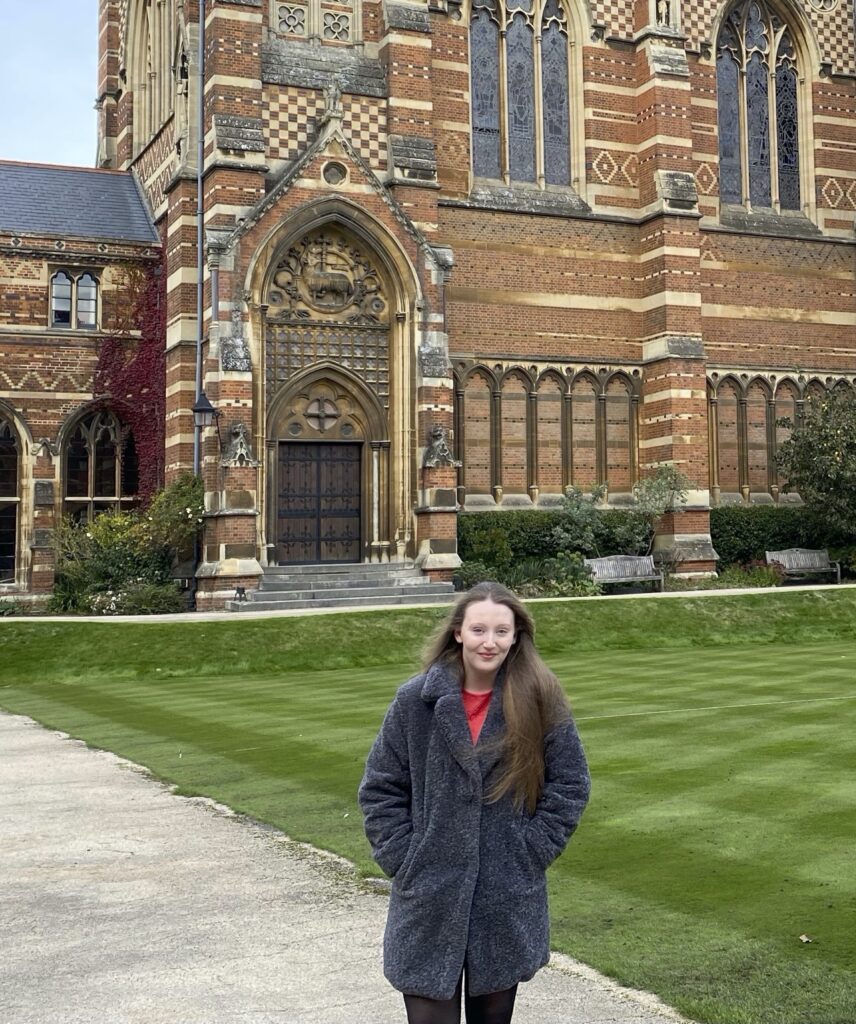
Dawn Lewis is a Woolwonga woman from Australia reading for the MSc Archaeological Science at the University of Oxford. Her interests include the study of human evolution, archaeological ethics and Indigenous data sovereignty. In this project she will be using ZooMS to identify animal and hominin bone fragments from the Middle Pleistocene site, Pontnewydd Cave in Wales, UK.
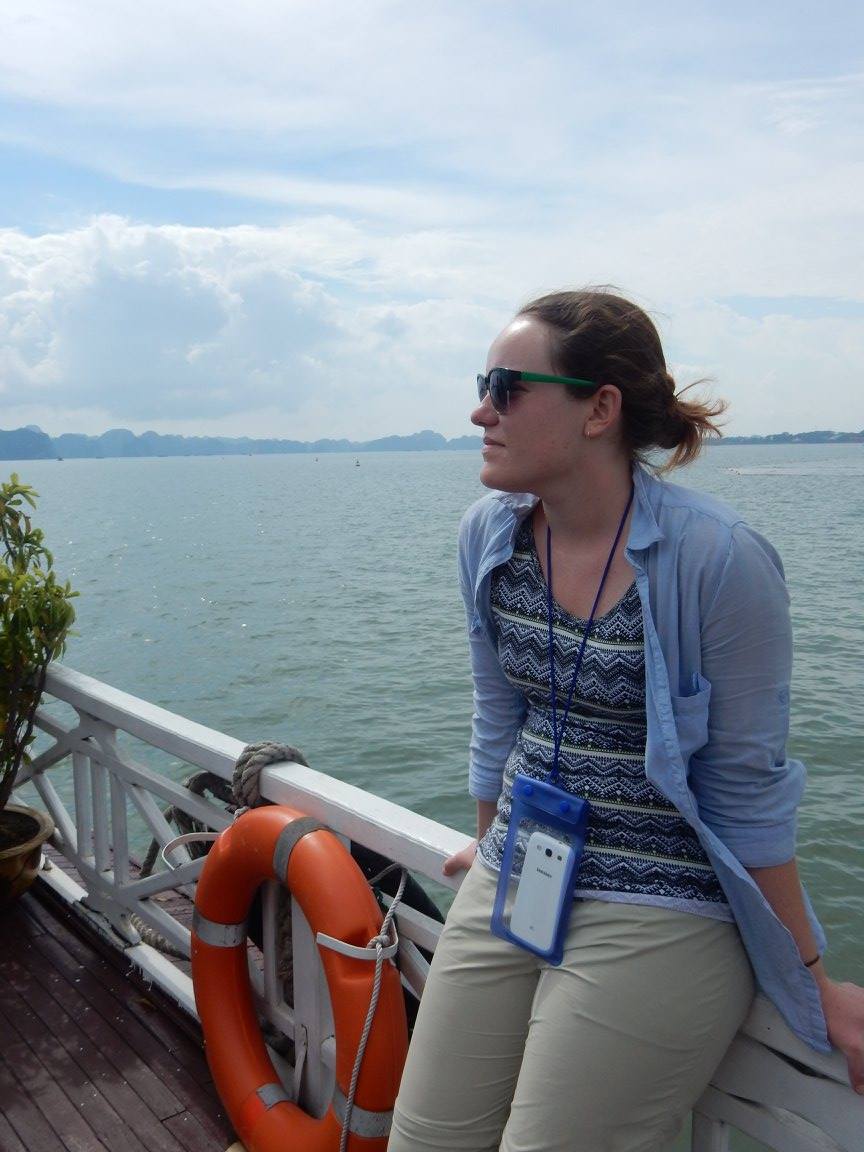
Maxine McCarty is originally from California, but has been studying archaeology in England for the past 3 years. She is currently a MSc in Archaeological Science student at Oxford hoping to specialize in human evolution and early human population movements. For her MSc thesis she is planning to use ZooMS on material from the iconic site of Grotta del Cavallo in Italy to look for human remains and clarify the mammalian species present in transitional (Uluzzian) layers of the site.

Ivy Notterpek joined the School of Archaeology in Oxford in 2019 to pursue a MSc in Archaeological Science, after discovering their passion for biomolecular archaeology and all things Palaeolithic in their undergraduate coursework at Barnard College of Columbia University. Their research seeks to develop and optimize non-invasive ZooMS protocols for the analysis of Palaeolithic osseous remains, enabling taxonomic determination of heavily worked artefacts that are often very difficult to identify using traditional zooarchaeological methods. They are a member of Magdalen College, where they have served as disabled student’s representative for the Middle Common Room.
